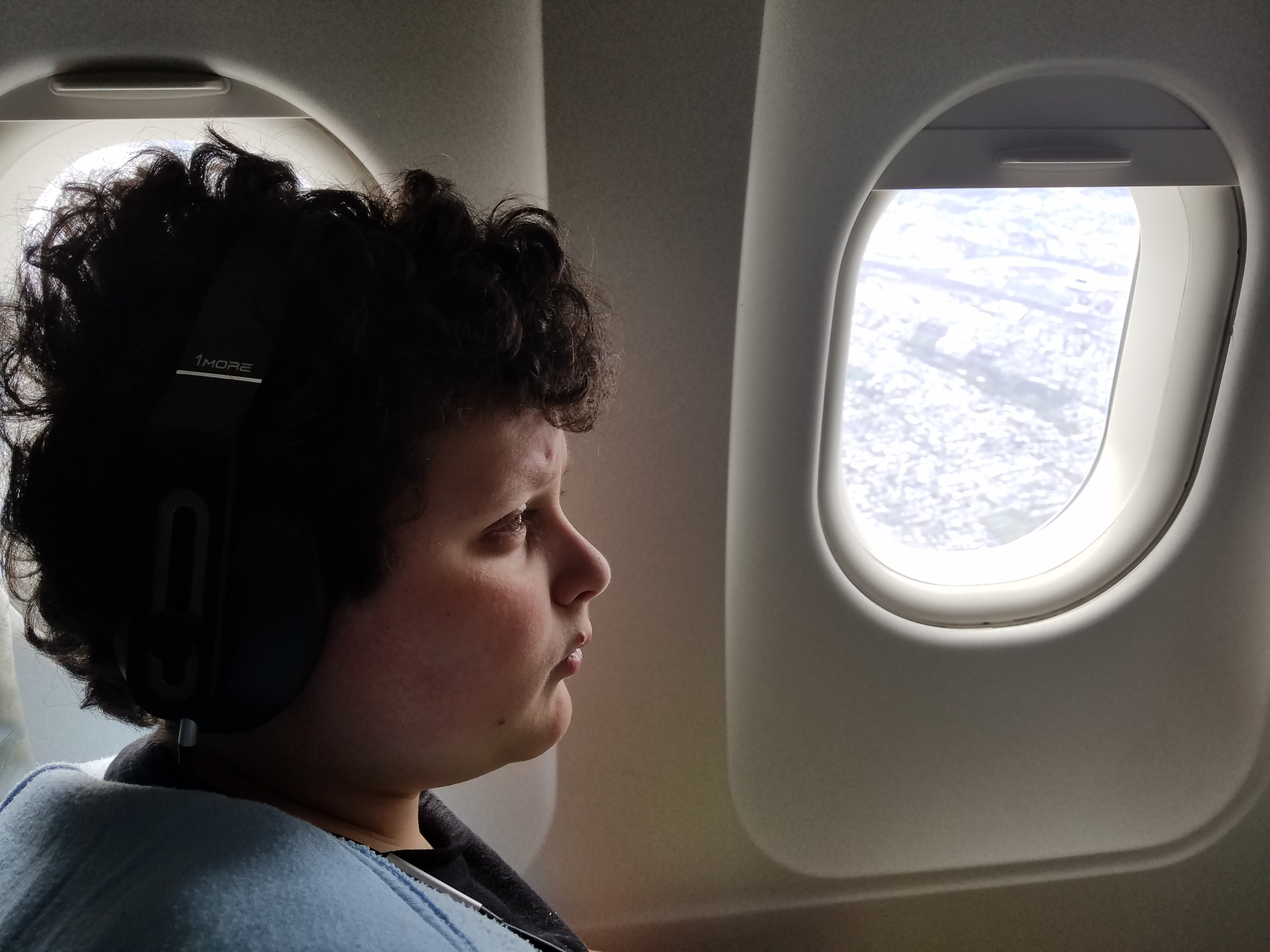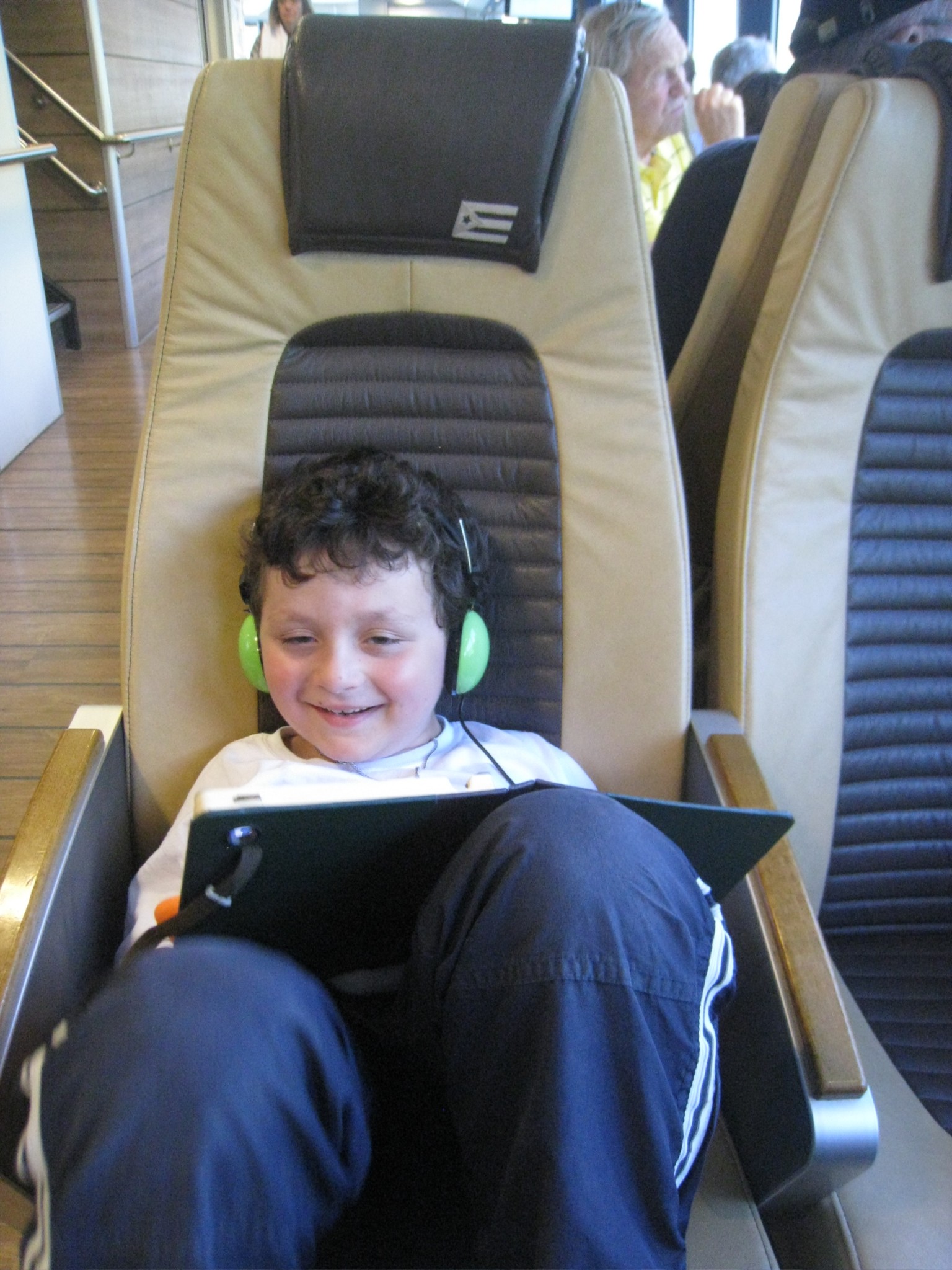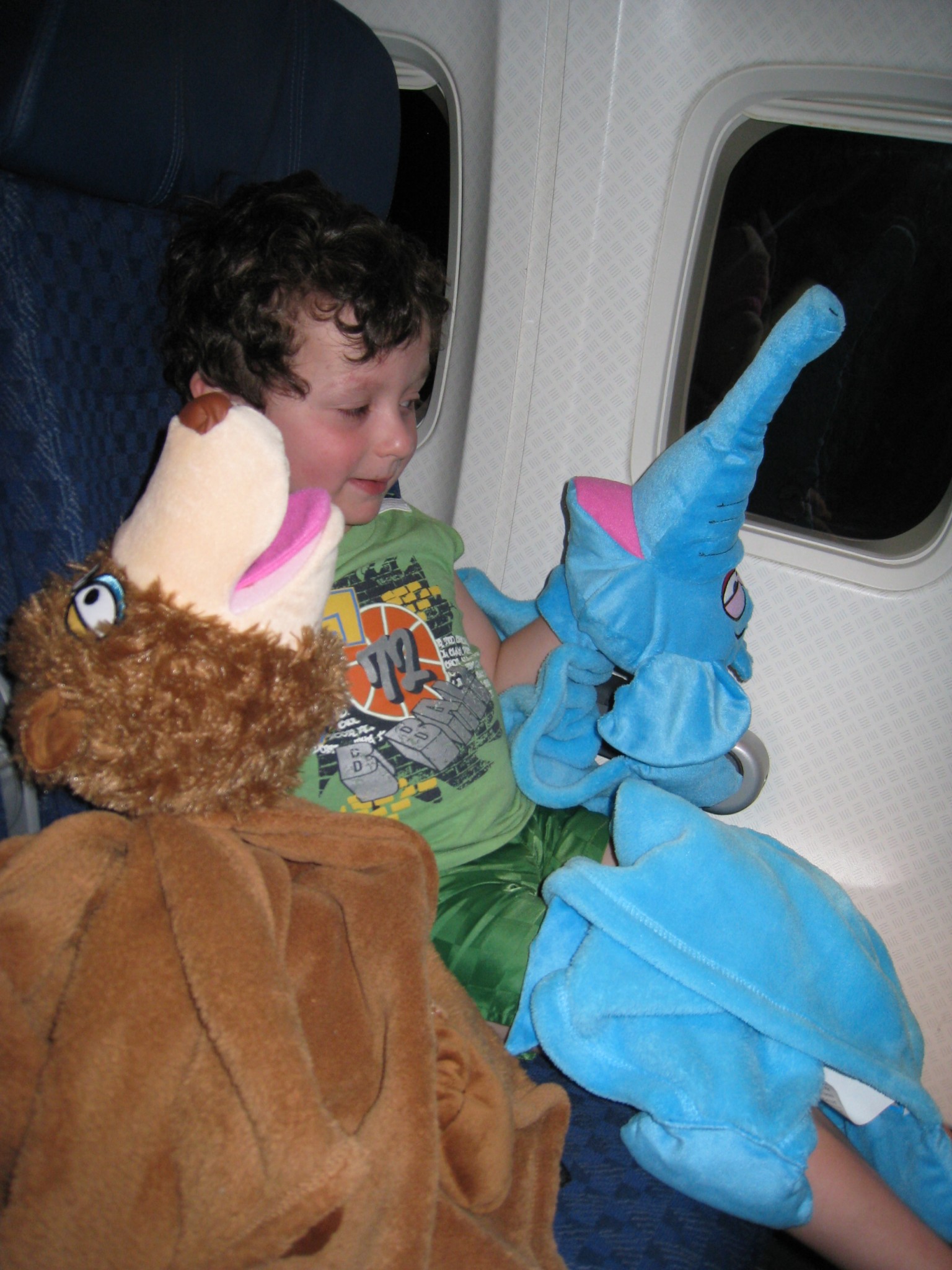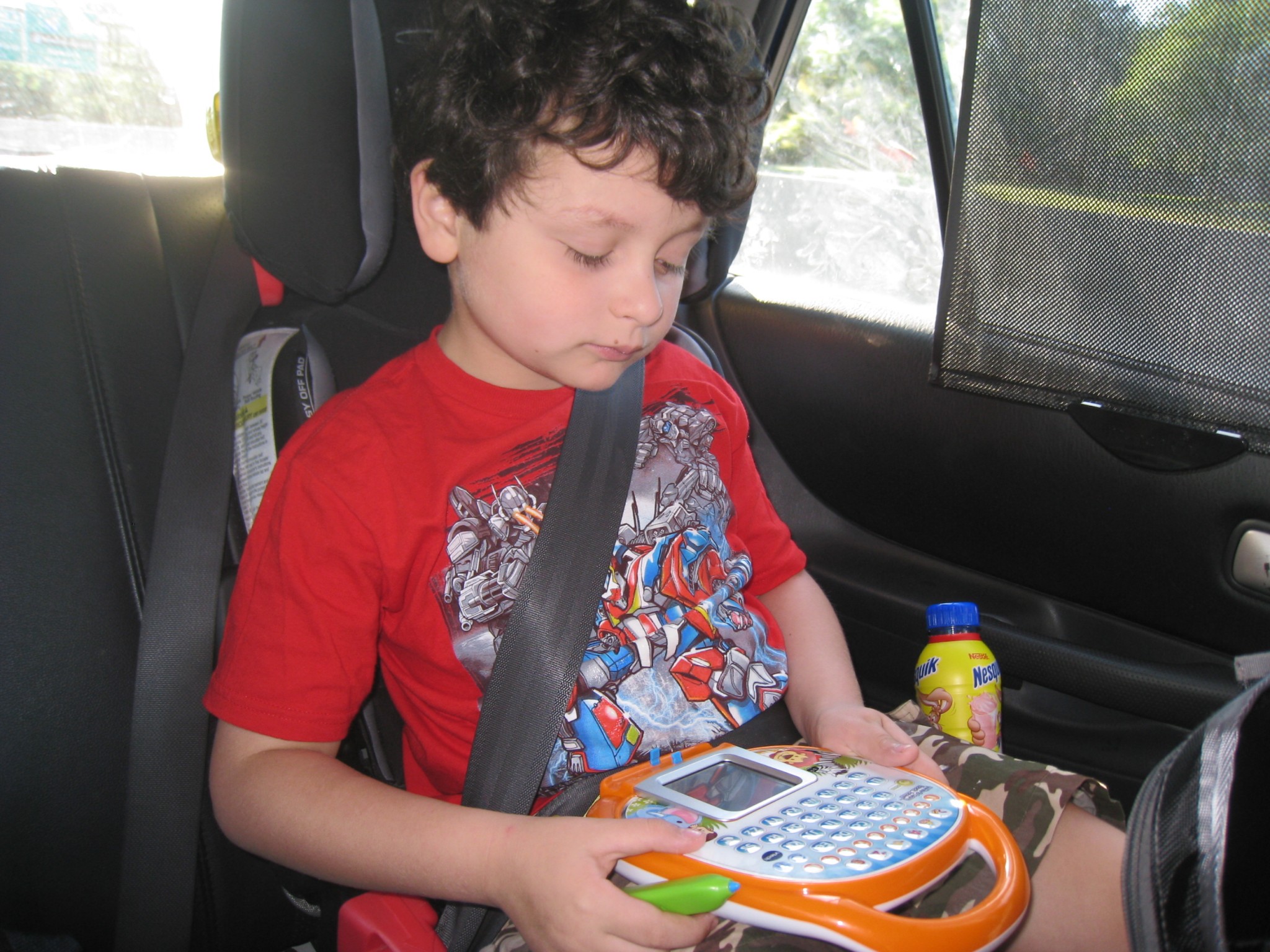So, we’ve been a little hard to reach lately, and the emails have been stacking up. I wanted to share with you that we’ve had Covid-19, and were very, very sick for quite a minute there. Now that we are starting to get back online and back to “normal” lives again, we wanted to let you know that we didn’t forget about anyone and we are going to get back to every single one of you.
I have a few winners to announce, and lots of items I had planned for my annual “Holiday Gift Guide”, but I was just to sick to do it this year, I apologize. I tried to get on as much as I could, but it wasn’t a lot. I really wan’t well.
We made a short video for you, thank you for sticking with us and for understanding.
PLEASE BE SAFE out there. As hard as we tried and as little as we went out, we still got sick. Take every precaution, I hope you all stay healthy and have a wonderful 2021. Hugs!






















